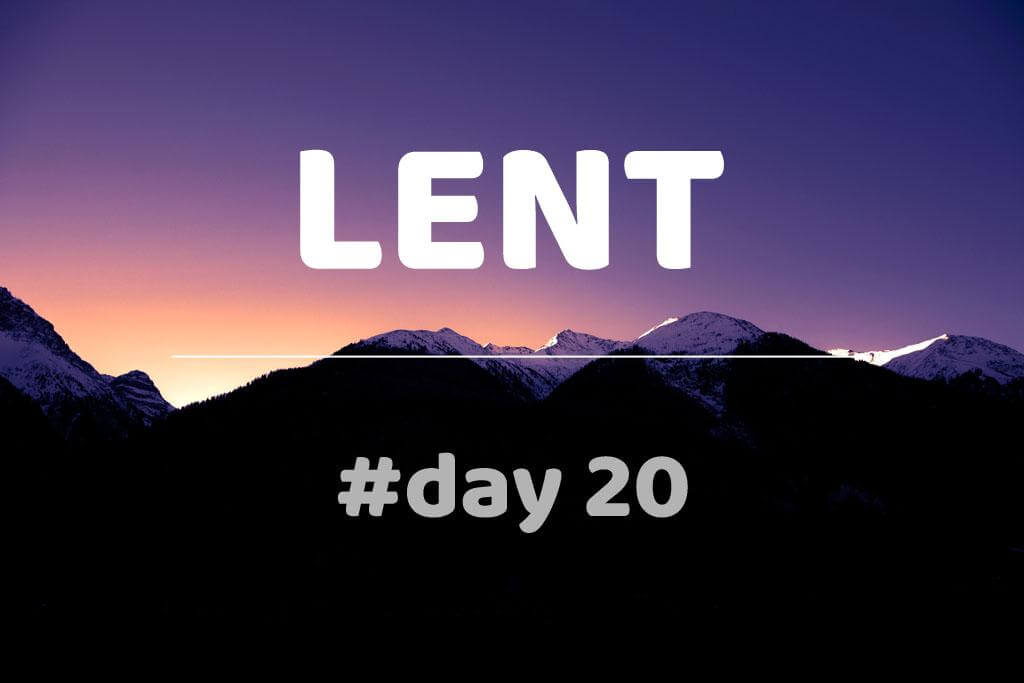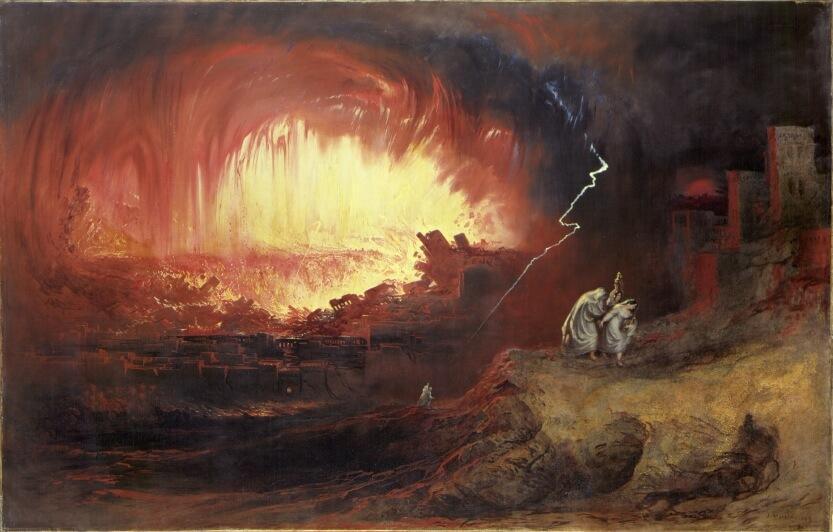Blog Search Results

31 results for heresy
found
within the Blog
6 displayed out of 31 (0.03seconds)Page 2 of 6

Lent Day 20: Cyprian: On the Unity of the Church: 19-27
Posted by Luke J. Wilson on 23rd March 2017 in Lent | Lent,great lent,fasting,early church fathers,devotional,daily reading,Cyprian,Bishop of Carthage,unity
Day Twenty: St. Cyprian: On the Unity of the Church: 19-27
Who: Third century bishop of Carthage (in modern Tunisia), and martyr from Africa
What: A letter to encourage the unity of the church against schisms and heresy during massive Roman persecution
Why: A disturbance had happened in the church because of a priest called Novatian — a schismatic of the third century, and founder of the sect of the Novatians. Cyprian wrote to counter this and argues that there can only be one united Church, and the Novatian breakaway was a false church and that Novatian was an antipope.When: Around 249 AD
You can find today’s reading on page 102 here: lentfatherscomple...Creedal Christians: The Nicene Creed
Posted by Luke J. Wilson on 2nd June 2019 in Early Church | nicene creed,nicea council,creeds,creedal christians,creedal
...to combat heresy and false teachers who had come about and gained enough popularity that it warranted an official response, with the creeds being the result after proper orthodoxy had been ratified.
Seeking unity, the Council was convened by Constantine I in response to the Arian controversy which had gripped the Greek-speaking East. The teaching of Arius of Alexandria were considered heretical by most bishops of the time, fearing that it would cost people their salvation. 1800 bishops were invited by Constantine (that was every bishop across the Roman Empire), but only around 250-320 turned up from across the Empire, except Britain, according to the various su...
Lent: Day 7 - Ignatius to the Trallians
Posted by Luke J. Wilson on 8th March 2017 in Lent | Lent,great lent,fasting,early church fathers,devotional,daily reading,Ignatius,Ignatius of Antioch: Letter to the Trallians,Docetism
...sm.
This heresy, or that of Judaizers, comes up in every letter, which goes to show that even this early on, Christians were really up against it all having to defend the truth of the Gospel from every direction.
Because of the nature of the Docetic beliefs — that Jesus wasn’t really manifest in the flesh but was rather an illusion, Ignatius gives us a nice run down of the life and passion of Jesus, which really focusses on his physical nature.
Like John wrote so clearly in his Gospel: “the Word became flesh”, Ignatius writes a similar summary of the Gospel message in order to combat any notions that Christ was anything but human in manifestation.
Th...
An Examination of Conditional Immortality (Part One)
Posted by Luke J. Wilson on 25th May 2020 in Hell | Conditional Immortality,Annihilationism,church fathers,church history,Hell,theology
...I know that "Conditional Immortality" is quite a divisive topic, and one you may have come across before (sometimes referred to as “Annihilationism”); and have been told outright that it’s “heresy” or false, or that it’s an emotional argument people want to believe because it ‘sounds nicer’ than the doctrine of Eternal Conscious Torment (ECT). Or maybe you’ve never even heard of this before and you didn’t realise there were alternative interpretations and views on hell. If you are new to this, in brief it means that “the wicked” will be removed from existence after judgement and finite torment, rather than living forever in torment.
Any...
What is Monarchical Trinitarianism?
Posted by Luke J. Wilson on 21st July 2024 in Trinity | trinity,monarchy of the Father,Monarchical Trinitarianism,church fathers,church history
...demned as heresy in the 4th century. It denied the distinct personhood within the Godhead, positing that the Father, Son, and Holy Spirit are merely different modes or aspects of one God. This view was rejected by the early church for undermining the distinct personal relationships and the eternal generation and procession within the Trinity.
Monarchians were opposed by “Logos theologians”, such as Tertullian, Hippolytus, Clement of Alexandria, and Origen of Alexandria.
Catechism of the Orthodox Faith
The Orthodox Church holds more prominently to the Monarchy of the Father in their Trinitarian doctrines. According to the Catechism of the Orthodox Faith,...
Lent Day 18: Cyprian: On the Unity of the Church: 1-9
Posted by Luke J. Wilson on 21st March 2017 in Lent | Lent,great lent,fasting,early church fathers,devotional,daily reading,Cyprian,Bishop of Carthage,unity
...Day Eighteen: St. Cyprian: On the Unity of the Church: 1-9
Who: Third century bishop of Carthage (in modern Tunisia), and martyr from Africa
What: A letter to encourage the unity of the church against schisms and heresy during massive Roman persecution
Why: A disturbance had happened in the church because of a priest called Novatian — a schismatic of the third century, and founder of the sect of the Novatians. Cyprian wrote to counter this and argues that there can only be one united Church, and the Novatian breakaway was a false church and that Novatian was an antipope.When: Around 249 AD
You can find today’s reading on page 92 here: lentfatherscomplete...

